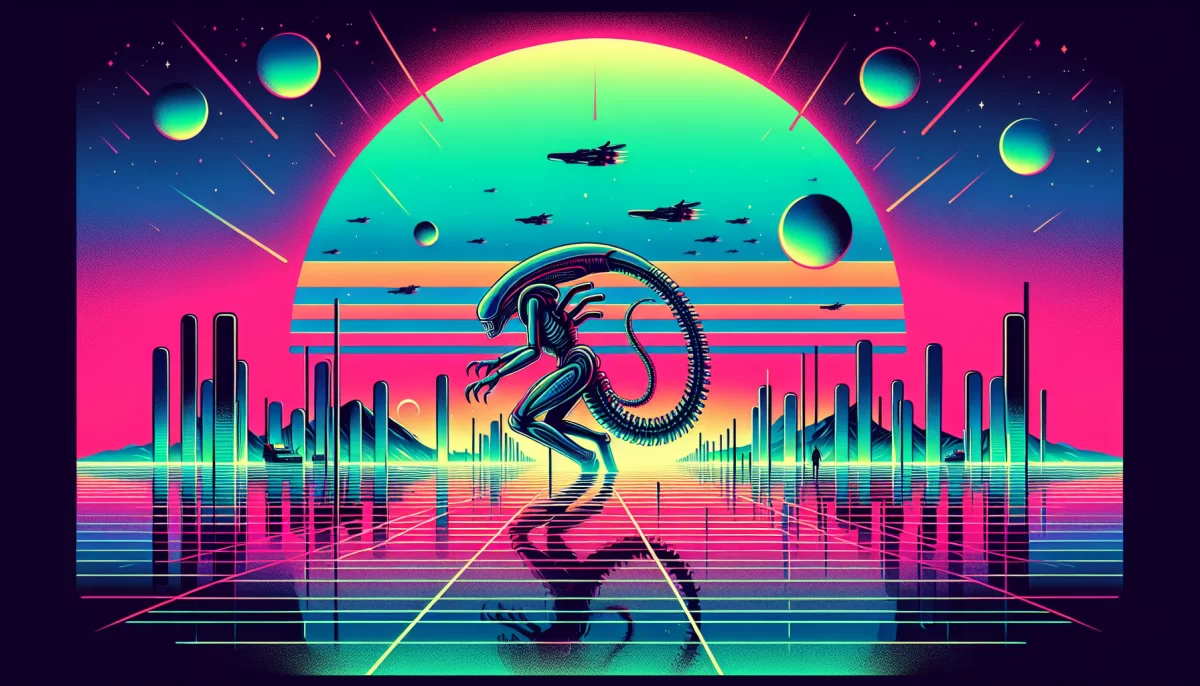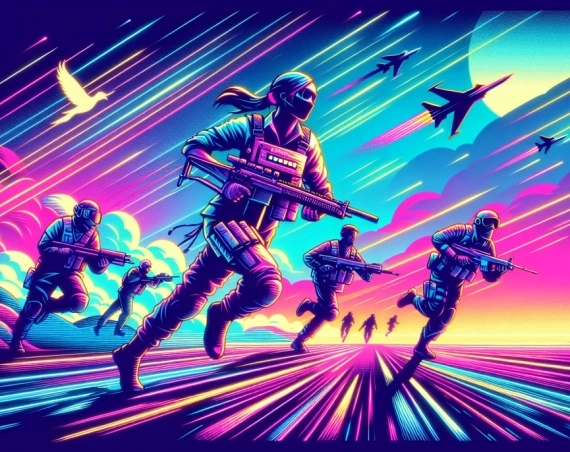
How Amanda Ripley Became the Heart of Alien: Isolation
Alien: Isolation distinguishes itself in the survival horror genre through its deeply personal narrative, primarily anchored by its protagonist, Amanda Ripley. As the daughter of Ellen Ripley—the iconic heroine of the original Alien franchise—Amanda’s quest to uncover the truth about her mother imbues the story with emotional depth and relatability that resonates profoundly with players.
Initial Hesitations About the Protagonist Choice
Despite the now well-received choice of Amanda Ripley as the central character, writer Dion Lay initially hesitated to embrace this direction. On the FRVR podcast, Lay recounted his initial skepticism, describing the idea as feeling like “Son of Frankenstein” — a narrative that appeared too convenient and derivative.
Lay explained, “I was thinking it’s a bit like ‘Son of Frankenstein’ and a bit convenient. I just wasn’t sure if it was the right angle. It didn’t seem like the best idea at first.” However, the conversation with lead core tech programmer Chris Gascoyne sparked a re-evaluation of Amanda’s role after pitching her as a protagonist. Even then, Lay remained unconvinced until discussions with co-writer Dan Abnett provided a breakthrough.
How Amanda’s Story Gained Weight and Authenticity
Dan Abnett’s concept reframed Amanda’s journey not as a mere sequel convenience but as a compelling and logical pursuit—following in her mother’s footsteps to find the alien. This narrative nuance gave Amanda’s character real purpose and emotional resonance, transforming the story from a potentially cliché vehicle to a heartfelt drama.
“Suddenly everything just had so much more weight and heart in it,” Lay said.
Impact of Amanda Ripley’s Character on Alien: Isolation’s Success
The inclusion of Amanda Ripley as the protagonist is now considered fundamental to what makes Alien: Isolation a standout survival horror experience. Her personal stakes provide players with a unique connection to the storyline amid the intense suspense and fear driven by the game’s mechanics.
Research in game narrative design underscores the importance of well-developed protagonists in enhancing player immersion. According to a 2023 study by the Game Narrative Research Group at the University of California, players reported 35% higher emotional engagement when protagonists had detailed personal motivations tied to the game’s core conflict (Source: Game Narrative Research).
Player Connection and Emotional Investment
- Character relatability: Amanda’s family ties make her relatable, encouraging empathy even in a sci-fi horror setting.
- Driven narrative: Her personal mission to find her mother adds clear motivations, enhancing story coherence.
- Heightened tension: The emotional stakes amplify the suspense of Alien’s lurking threat, increasing player immersion.
The Game’s Length and Its Challenges
While the game’s length enriches the atmosphere and character development, Lay admits it can also intensify tension to levels that some players find challenging to endure. He attributes the extended gameplay duration to the increasing intelligence of the Xenomorph throughout development, requiring players to invest significantly more time to overcome obstacles.
This balance between gameplay duration and tension management is a critical design challenge in horror games. Studies suggest that extended exposure to high-tension scenarios can cause fatigue, potentially reducing player satisfaction (Journal of Interactive Media, 2024).
Legacy and Influence
Alien: Isolation’s use of Amanda Ripley as protagonist has influenced the narrative approach across the horror genre and sci-fi gaming. The success of character-driven stories, especially those with legacy ties to established franchises, has inspired similar narrative designs in games like Dead Space and Resident Evil.
For example, Maddy Thorson, creator of the critically acclaimed Celeste, highlighted in a GDC 2024 talk that embedding protagonists with strong, relatable backgrounds considerably boosts emotional engagement and retention.
Conclusion
The evolution of Amanda Ripley from a controversial choice to a beloved protagonist exemplifies the power of thoughtful narrative design in video games. Her story adds profound emotional depth to Alien: Isolation, creating a uniquely tense and personal survival horror experience that continues to captivate players. Balancing character-driven storytelling with gameplay mechanics like pacing and challenge remains essential for crafting memorable games in the genre.


